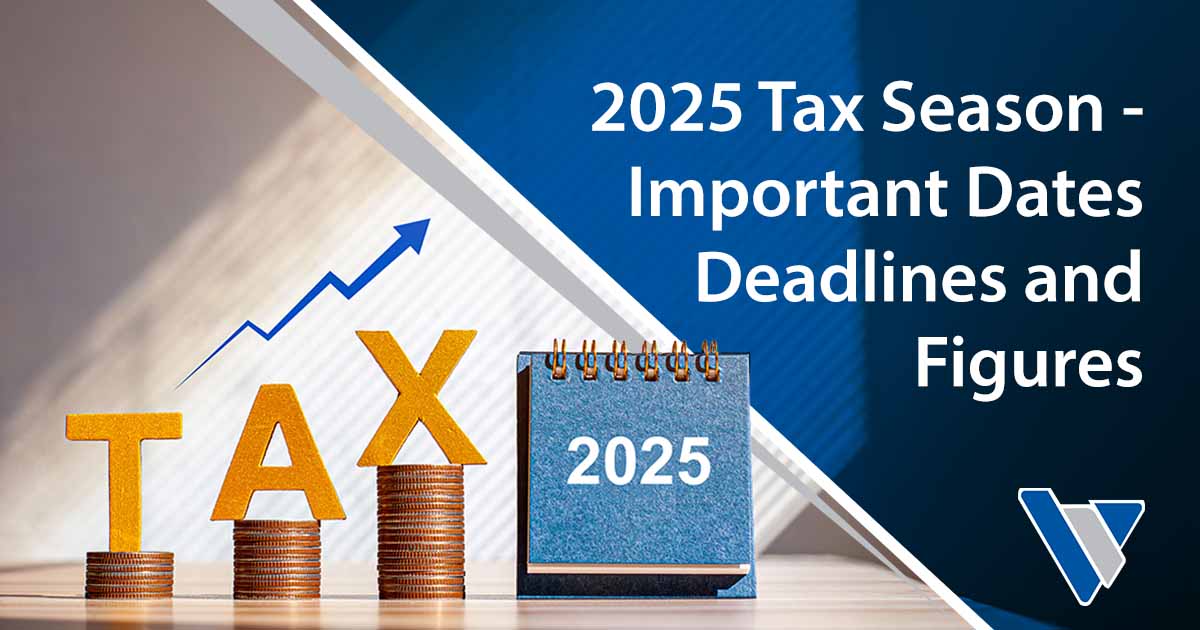It’s hard to believe that tax season is here already. In an effort to help our clients be...

I know it sounds counter-intuitive to state there are actually dangers to great returns. However, there are, and it happens quite often after the stock market has huge returns.
I am often reminded of 1999 when the tech craze was in full swing. Some tech stocks were doubling, tripling and even quadrupling in a single year. Conservative investors were hearing their friends, neighbors or even dry cleaning clerk touting their great returns and how great of stock pickers they were. Advisors were promoting how great their returns were.
Returns…Returns…Returns. That was the focus at the time.
Advisors heard statements such as, “why invest in bonds when I can easily make 30% a year in stocks?” or “a 15% return going forward isn’t good enough because my friend is making 45%.”
In the movie Wall Street Michael Douglas gave a great speech about how greed is good. If you saw the movie keep in mind what happened to Michael Douglas’ character. For those that didn’t see it, crash and burn is an appropriate description.
The danger of huge returns is they can take the focus off what is important and places it on the wrong thing. From the end of 1999 to the end of 2002, the major technology stock index, NASDAQ Composite, was down 68%. Like Michael Douglas’ character, a big crash and burn.
Chasing returns is the wrong focus. Focusing on your goals and what return is needed to reach them is the right path. You don’t lose actual money by taking profits. Yes, one could argue that there is an opportunity cost (the amount of money one could make or lose if they went a different path), but that number is an unknown until it is too late.
We can not stress enough how important it is to focus on your goals and what it is going to take to reach them. At Virtus Wealth Management we continue to reallocate, fine tune, take profits and analyze the downside risk. We are here to help you focus on your goals, both short-term and long-term.